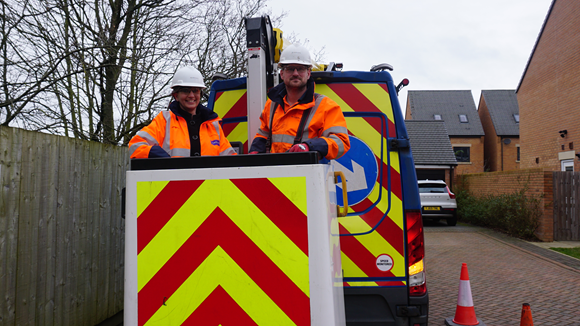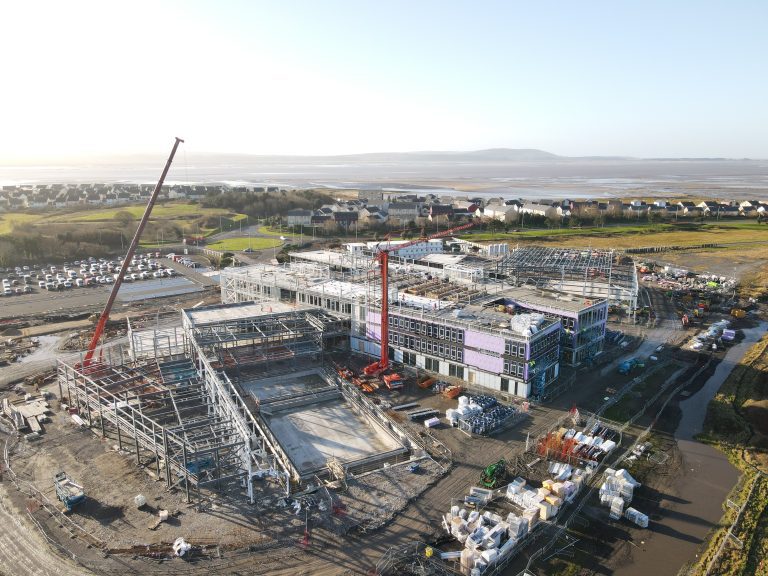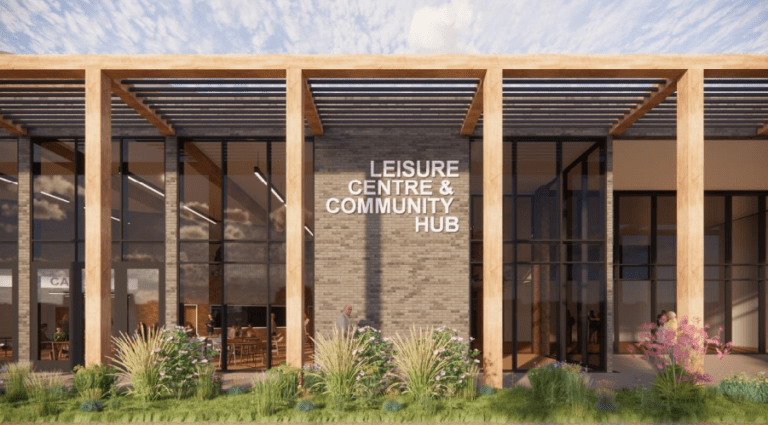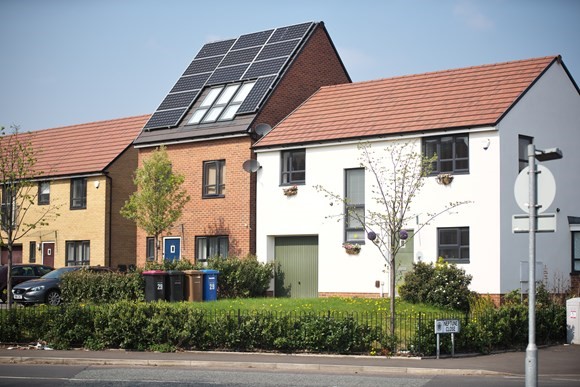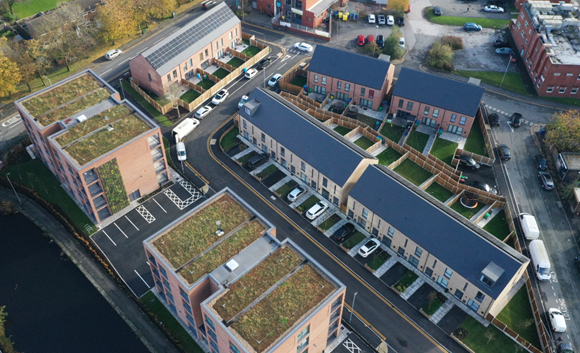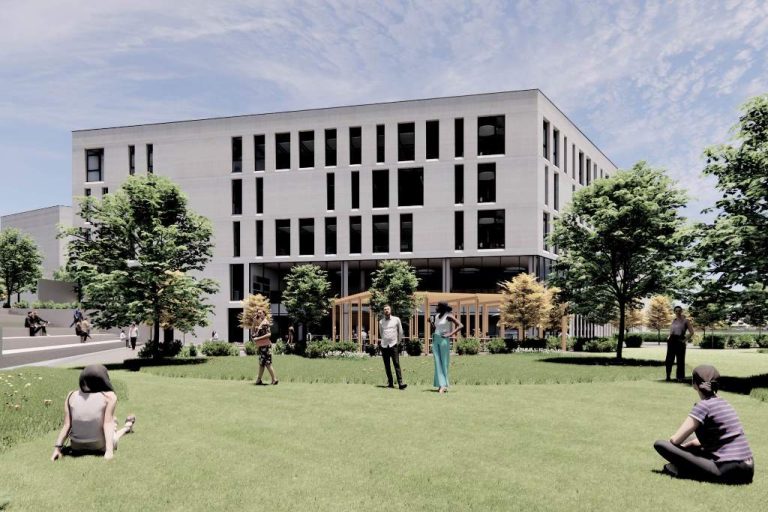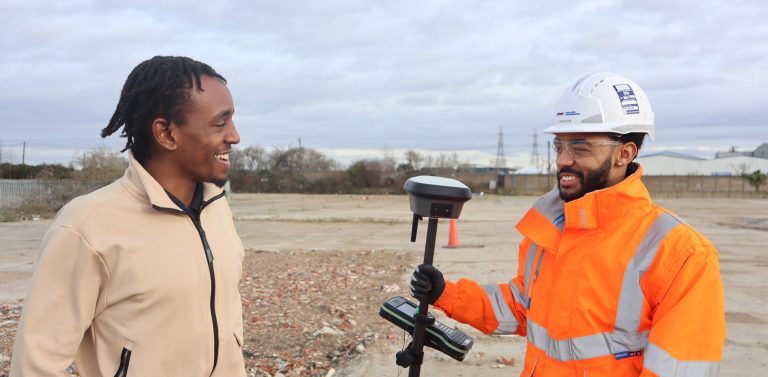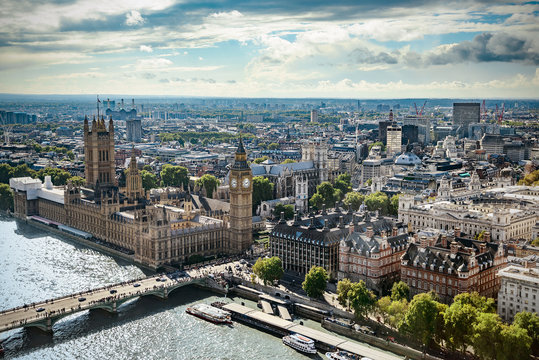A STATE-OF-THE-ART leisure, enterprise and education centre being developed by leading multi-disciplinary consultancy Pick Everard is one step closer to realisation, following council approval. The Five Acres site in Berry Hill, Coleford, is set to undergo transformation via Pick Everard and contractor BAM Construction Limited, after unilateral agreement on plans submitted by Forest of Dean District Council. The work, which will commence after the Easter holidays, will be completed in phases. The first of these will focus on repurposing classrooms at an existing educational building – Speedwell House – to create new office and community spaces, alongside a cafe and outreach space for Hartpury University’s Aspiration Centre. The new building will connect Speedwell through a glazed atrium and include the construction of a new multi-purpose four-court sports hall, small performance space, party rooms/dressing rooms and internal changing rooms. Outside there will be a separate external changing block, a secure cycle hub and a new car parking layout, which will introduce 12 electric vehicle charging spaces on the site for the first time. The project, accelerated through the SCAPE Consultancy direct award framework, designed to drive collaboration, efficiency, time and cost savings on construction projects, will be delivered by Pick Everard, operating through Perfect Circle to provide a wide range of services, including project management, cost management, health and safety, and sustainability consultancy. Guy Rossiter, principal project manager at Pick Everard, said: “This is a significant milestone in a journey to bring a host of benefits to the community of Berry Hill and further afield. It is a fully encompassing project, that reflects a shift in the way we view and design our local hubs – bringing, leisure, education and business opportunities all under one roof, helping drive future prosperity from one generation to the next. “With planning approved, we look forward to the next phase of this development, collaborating closely with the project team and the council to bring its vision to fruition.” The planning application for the Five Acres site was submitted in November 2023, following community outreach on the proposed redevelopment plans. It is part of the UK government’s wider Levelling Up Fund, with 52 Levelling Up Together grants awarded across the Gloucestershire region in recent months. Councillor Johnathan Lane, cabinet member for economy at Forest of Dean District Council, said: “It’s fantastic to hear that planning permission has been granted to refurbish the Speedwell building and support the new building designs at Five Acres. “I’d like to take this opportunity to thank all the hard-working council staff and partners, including demolition experts Armac, architects AHR, project and cost consultants Pick Everard and leading construction and property developer BAM, who have all helped make Five Acres a reality. I’d also like thank all our residents for their comments and suggestions, which have allowed us to shape Five Acres into a project that the whole community can be proud of. “The regeneration of Five Acres is hugely important for the community of Berry Hill and the Forest of Dean as a whole. Once completed it will provide leading sport and education facilities, and I can’t wait to see it starting to take shape once construction has begun.” Full details for the Five Acres site redevelopment, as well as documents including designs and comments and questions from previous public forum events can be found here: https://www.fdean.gov.uk/planning-and-building/regeneration/five-acres-redevelopment-site/ To learn more about Pick Everard and its range of services, visit here: https://www.pickeverard.co.uk/ Building, Design & Construction Magazine | The Choice of Industry Professionals
